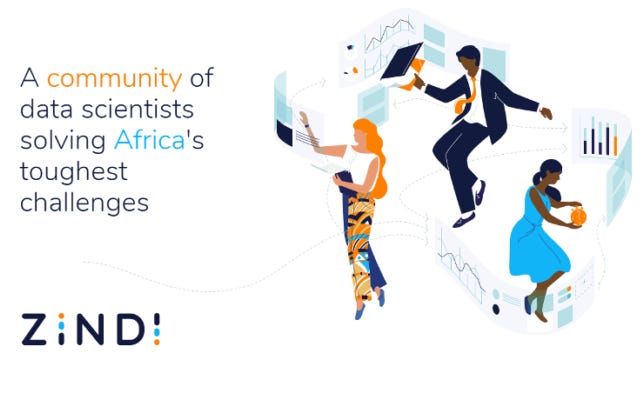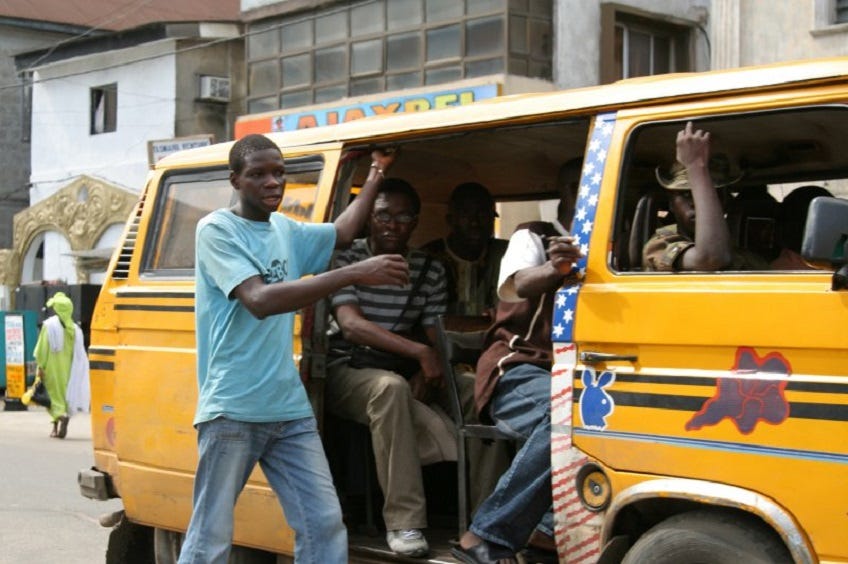Harnessing African data science
Although big data has been around since the early 1990’s, it entered a new paradigm with the advent of cloud computing within the last decade.
Now all of sudden there was an on-demand solution that offered scalability, speed and security when it came to managing these colossal datasets.
With the rise of big data within organisations came a new challenge - finding the right talent to make sense of all of this data. Collate, structure, analyse and make informed decisions from these terabytes and petabytes of data.
The initial dearth of data scientists quickly changed as the demand for such talent continued to grow year-on-year with salaries rising commensurately.
The seminal moment came in 2012 when the Harvard Business Review hailed data science as ‘the sexiest job of the 21st century’.
Since then the remit of data science has expanded to encompass everything from AI and machine learning to business analysis and web analytics. On the African continent data science is on a similar upward trajectory.
Zindi Africa are looking to transform the continent by showcasing African data science talent to the world.
They host the largest community of African data scientists, working to solve the world’s most pressing challenges using machine learning and AI.
They connect these data scientists with organisations looking to make sense of their data on a project basis. Beyond this placement service, they provide a place to learn, hone your data science skills and find a job.
This week we sat down with Zindi’s co-founder and CEO, Celina Lee, to learn more about the platform. You can listen to the podcast interview below.
Car leasing in Nigeria
As urbanisation in Nigeria’s big cities continues unabated, ride-hailing and ride-sharing has helped quell the congestion on the roads.
The rise of these services has resulted in a spike in vehicle leasing as most taxi and Danfo drivers (privately run yellow and white mini buses that serve as unofficial public transport in Nigerian cities) can’t afford to own their vehicles.
The leasing to date has been an informal operation prone to fraudulent activities. These include drivers defaulting on their monthly lease payments and car owners leasing out unroadworthy vehicles.
MyGarage is tackling these challenges by digitising the entire value chain in the industry, from the way owners and verified drivers connect, to how the vehicles are maintained and rental fees are collected.
A telemetry device is leased to car owners, and installed by partner tracking companies. This is fixed in the cars to generate data on the maintenance and roadworthiness of the vehicles while in use.
Periodically, owners get an automated report on the inspections from support partners via a mobile app.
Moroever, MyGarage has a payment gateway that guarantees rental fees. The system sends the driver an alert a few days before their next rental payment is due.
If a driver defaults on the payment, the telemetry device disables the car engine and prompts the owner. As soon as the outstanding payment is made, the engine is restored.
MyGarage makes their money by charging a platform fee every time a car owner gets paid.
In the News 🚀
🇿🇦 South African online health marketplace startup RecoMed has raised a $1.5M round led by Vunani Fintech Fund.
🇰🇪 Kenyan B2B ecommerce platform, Twiga, has raised a $50m Series C round to expand across Africa.
🇳🇬 YC-backed Nigerian fintech, Lemonade Finance, has raised $725K in a pre-seed funding round.
🇰🇪 Kenya-based electric mobility startup, Opibus, has raised $7.5 million in equity and grant funding to help it scale its manufacturing operations.
🇿🇦 South African dental services website, Dentist Hub, launched across the country. They plan to expand across the sub region in the coming months.





